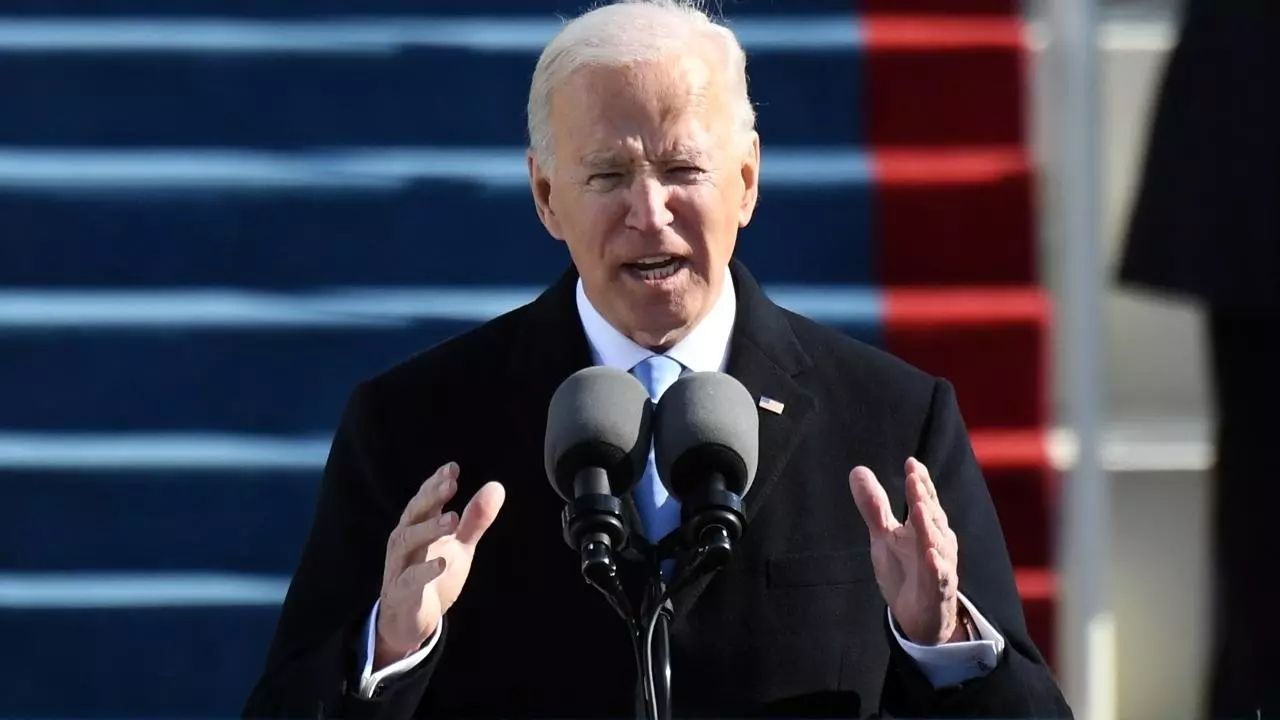Amirali Abolfath told the Strategic Council on Foreign Relations that while Trump highlighted the “America First” slogan during his inauguration speech in 2017, Biden used the “America United” theme for his inauguration speech to deal with the domestic problems of the United States created during 2017 and 2021 by the Trump administration.
“On the basis of the America First them, Trump had proposed promises to make America Great Again. Trump focused his speech on domestic problems especially in the area of economy and finance and emphasized that the US needs to focus on domestic issues and resolve domestic problems.”
He said that Trump highlighted that US allies need to pay the costs if they seek American support.
“On his foreign policy during the inauguration speech, Trump indicated that he is not going to give a free ride to others. For the first time in history, the President of the United States used the word “Islamic terrorism” and that was important for Muslims and Islamic countries.”
Abolfath said Trump believed that domestic issues are prioritized over foreign warmongering and interventions, adding that the former US president focused his attention on patriotism and nationalism.
Biden’s inauguration speech focus on domestic issues
Abolfath referred to the main points of Biden’s inauguration speech as the new US President and said his speech focused on the issue of strengthening democracy and unity inside America.
“Biden specifically focused on two points. The first issue was to safeguard and strengthen democracy which he emphasized was undermined and jeopardized during the last elections and the second issue was to consolidate unity among Americans,” he said, adding that Biden highlighted the need for the American society to set aside differences and consolidate unity.
He said while Trump focused his theme on America First, Biden spotlighted United America in his inauguration.
Abolfath said Biden did not refer to foreign policy in his inauguration speech, adding that domestic issues have gained precedence even after four years of Trump’s focus on them.
“This Biden’s policy in his inauguration speech indicates that domestic issues remain salient in the United States even after four years of focus on resolving domestic issues. After four years, people in the United States are still worried and concerned about domestic maladies and want to find solutions to overcome them. Under such circumstances, foreign policy has become sidelined as Americans are facing identity threats from inside.”
This expert of American studies referred to the focus of attention of the politicians and public opinion of other countries to the inauguration speech of US presidents in the past and said while inauguration speeches of US presidents attract the attention of other countries, domestic issues such as welfare, business, employment, insurance, security and integrity and efficiency of the state are more important for Americans.
“Foreign policy has never been a priority for American presidents during their inauguration speech unless there is a foreign policy issue influencing the daily life of American people. Indeed, foreign policy per se is of no significance for ordinary American people. One of the criticisms against former US governments especially in the 1980s and the 1990s was that the country’s energy was exhausted on focusing on foreign policy issues as in those years US presidents assumed big roles and focused their energy on foreign policy issues and its costs.”
Domestic restrictions of the United States
Referring to Trump’s desire to openly and radically reduce costs of American engagement in foreign policy issues, Abolfath said “Since there are traces of internationalism and globalism inside the Biden’s administration, he wants to make a balance in this respect. Biden does not want to oppose in the same degree Trump rejected globalism; however, there are restrictions inside the United States for Biden as very serious dangers and menaces have been created in the past four years inside America, leading Biden to put his focus more on domestic rather than foreign issues.”
This expert of American issues said domestic issues are usually highlighted in most of speeches by American presidents in the past, adding that George Bush inauguration speech was made in 2005 in the aftermath of the 9/11 attacks while he highlighted issues of national security, terrorism and the war on terrorism.
Therefore, he said, Bush focused a major part of his speech on the inauguration of his second term in office on such foreign policy issues but that was an exception.










0 Comments